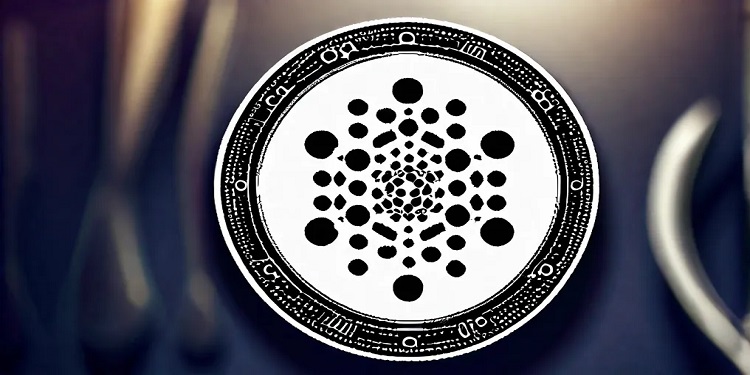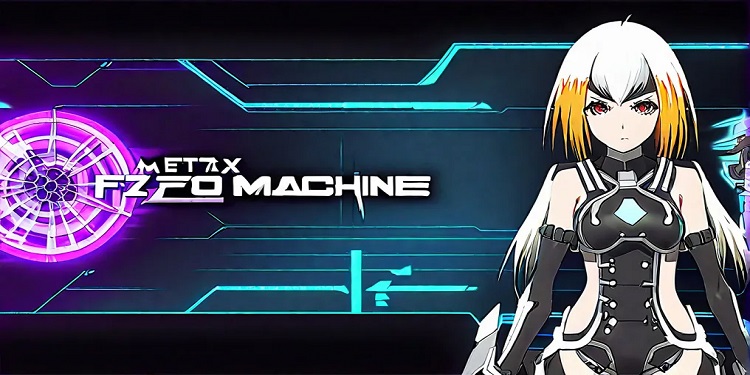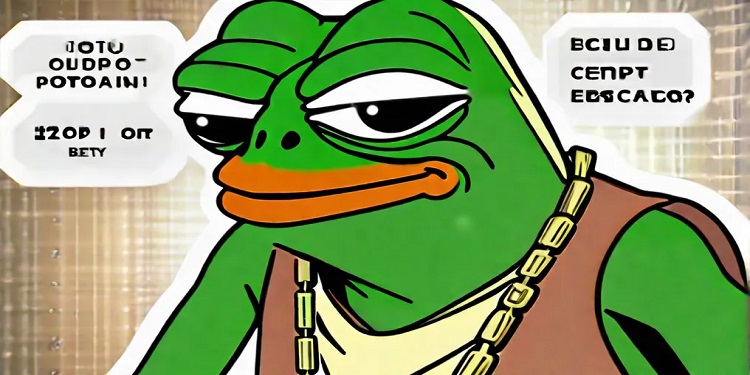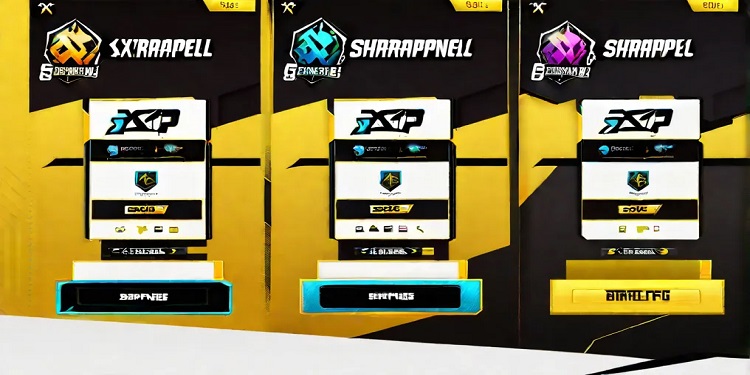
To be traded as a new cryptocurrency, to monetize work and run applications

$0.0 0.0%
$119,166,038,109
Pros & Cons
- Dynamic community that is willing to communicate
- Good balance between maintaining stability and growing
- Ether always required to create code on the Ethereum platform
- Ethereum is still young
- Ethereum’s success depends on the value of Ether
- Could be replaced by other blockchain projects
Features
- Open software platform that uses blockchain technology
- Used by developers to create decentralized apps
- Rewards miners with Ether, a variety of cryptocurrency that can be traded
- Uses the Ethereum Virtual Machine (EVM) that allows developers to use any program irrespective of its language
Ethereum Info
- Founded
- Vitalik Buterin
- Ownership
- Ethereum Foundation
- GitHub Last Updated
- Jan 12, 2018, 11.30 a.m. GMT +5:30
- Contributors
- 338
Overview
I would define Ethereum as a decentralized software platform that operates a number of smart contracts. These are applications that operate exactly as they are programmed to. So there is no chance of fraud, censoring, downtime, or interference from third parties.
Smart contracts are capable of operating on a customized blockchain, enabling developers to store debt registries, develop markets, and transfer funds according to instructions given in the past such as in futures contracts or wills, and several other things without any risk or middlemen involvement.
The Ethereum project took off after a presale held in August 2014. It is managed by a Swiss non-profit organization such as the Ethereum Foundation. Developers of high calibre have contributed and are still contributing to the Ethereum network.
Who Founded Ethereum?
The founder of Ethereum is a Toronto-based programmer called Vitalik Buterin. He was working on projects related to Bitcoin when he got the idea of creating a powerful platform capable of allowing developers to create blockchain apps. Buterin wanted to overcome the problems he faced while attempting to use the Bitcoin blockchain to develop apps. He strongly felt that the blockchain technology could be utilized for many things other than building financial apps. So he decided to create a more compatible and flexible blockchain.
In 2013, he released the Ethereum White Paper. It is a document on a new open source platform that could be used to create decentralized applications. The following year, he introduced Ethereum to the Bitcoin community. Among the co-founders of Ethereum are Charles Hoskinson, Anthony Di Iorio, and Mihai Alisie. Buterin also worked with developers Joseph Lubin and Dr. Gavin Wood.
Shortly after, the Ethereum Yellow Paper was released by Dr. Wood, introducing the Ethereum Virtual Machine (EVM), a runtime environment in which all smart contracts are executed.
Over the past year, the Ethereum community and network have undergone substantial growth. An initiative to bring the biggest companies in the world to the Ethereum network resulted in the formation of the Ethereum Enterprise Alliance. Recently, 86 major companies such as Intel, BP, and Microsoft joined the alliance. At the same time, a number of blockchain projects that use Ethereum’s blockchain technology have mushroomed.
Early in 2017, the price of Ethereum rose by 1000% in just two months and this helped Ethereum to break into the mainstream. This attracted the attention of several investors and media houses such as Reuters, CNBC, and Quartz started covering the latest happenings on the network.
Today, we have Ethereum Classic (ETC) and Ethereum (ETH) because of a fork on the Ethereum network. The price of ETH is higher than that of ETC.
Advantages of Ethereum
Ethereum has a number of advantages, such as the following:
- No third party can alter any data on the Ethereum blockchain. It has already proved to be 100% free of corruption.
- Ethereum apps are tough and can never be shut down.
- Smart contracts can be used to raise funds for a variety of projects.
- Mining Ether is easier and faster. While mining Bitcoins takes more than 4 hours, mining Ether takes just 14 seconds.
- Ethereum uses “proof of work,” which are algorithms that make hacker attacks impossible.
- Transaction on the Ethereum network is faster than on the Bitcoin network thanks to Ethereum’s Ghost Protocol.
- While Bitcoin rewards for miners reduce by half every four years, Ethereum rewards for miners never reduce.
- Ethereum sets charges for transactions on the basis of storage requirements, bandwidth use, and computational complexity.
- Since Ethereum is a crowd funded initiative, miners can own only half of the coins mined so far in the next five years.
- Ethereum’s Ghost Protocol prevents centralized pool mining.
- Ethereum’s Ethash, a hard-hashing memory algorithm prevents ASICS and encourages individual use of GPUs for decentralized mining.
How it Works
The Ethereum blockchain is similar in structure to the Bitcoin blockchain. Just like the Bitcoin blockchain, it is a history of transactions that is shared across the entire Ethereum network. In case of Ethereum, however, each node in the network also has a copy of the latest version of every smart contract created.
Ethereum works through accounts that are similar to bank accounts. Ether, which is the name given to the cryptocurrency associated with Ethereum, is stored in wallets and can be transferred other accounts. This ensures that the funds are always stored somewhere without the need to have a continued relationship.
Ethereum Virtual Machine (EVM): To understand Ethereum fully, one must understand the EVM, which is one of the most innovative features of Ethereum. It is capable of reading and executing smart contracts compiled in the form of bytecodes. Each node in the Ethereum network uses its EVM to execute smart contracts. Since all the nodes in the network have copies of all transactions along with smart contract histories, they need to accept any change made any node in the network.
Although the EVM reads and executes smart contracts written in bytecodes, it is possible to write smart contracts in languages such as Serpent and Solidity. So in case of Ethereum, the activity of miners prevent bad behaviour such as double spending of the same money and rejection of smart contracts that haven’t been rewarded.
Ethereum Value
The price of Ethereum was slightly above $1200 at the end of 2017, but now its price has more than doubled. The cryptocurrency is just as volatile as Bitcoin and its value keeps shooting up and plummeting.
In 2017, the price of Bitcoin increased by over 1000% while the price of Ethereum rose by around 700%, indicating that it is not far behind Bitcoin. This makes it the second largest cryptocurrency in the world and experts say that it has the potential of overtaking Bitcoin in 2018 owing to superior features that enable faster transaction and better security.
Investors are increasingly considering possibilities of purchasing Ether in the hopes of selling it when the price is higher.
Future of Ethereum
Ethereum is still very young and it is still early to predict its future with certainty, but I can definitely say that its potential is massive. As more and more people become aware of it and it gets accepted in the mainstream, its price is expected to rise in leaps and bounds. Ethereum is already rushing towards the $1000 mark with breakneck speed, and this is quite impressive considering the fact that each Ether token was worth just a few dollars just a few months back. This massive increase in value cannot fail to remind investors of the way the value of Bitcoin increased.
If you compare Bitcoin to DOS, Ethereum can be compared to Mac or Windows. While DOS contributed a great deal to the success of the computer, the fact that computers could enter the mainstream only because of Mac and Windows cannot be overlooked. This is because DOS is not only hard to understand, but also incompatible with several applications. On the other hand Mac and Windows are user friendly and enable the creation of more applications. Similarly, Ethereum allows developers to create thousands of user friendly apps.
Moreover, it is worth noting that DevCon3, a conference of Ethereum developers, attracted over 2000 developers. This fact alone indicates that Ethereum’s future is bright. At the same time, there are other technologies that enable the creation of smart contracts; Ethereum is not the only one. It is just the most efficient and most innovative. For this reason alone, one can expect it to be the major platform for the creation of apps using blockchain technology for the next several years.
Simple Guide to Purchasing Ethereum
If you have never purchased Ethereum before and would like to do so, I suggest that you read the following simple guide for beginners.
Obtain an Ethereum Wallet: Before you attempt to purchase Ethereum, you should get hold of an Ethereum wallet, in which you can store all that Ether.
Since there are several varieties of Ethereum wallets in the industry, you may find it difficult to make a wise choice. Basic understanding of the types of Ethereum wallets will help you choose a wallet that best suits your requirements.
Hardware wallets such as Trezor and Ledger are not only reputed, but also very secure. If you don’t have too many Ether tokens to store, you could try a software wallet as hardware wallets tend to be more expensive. Software wallets are also available free of charge. However, they are less secure as they require an Internet connection to function and are, therefore, prone to hacker attacks. Some of the best software wallets are Jaxx, Exodus, and MyEtherWallet.
Purchase Ether Tokens: Now that you have a wallet, you can easily purchase Ether tokens. There are many ways you can do this, as follows:
Registering at an Ethereum exchange is one of the simplest ways to purchase Ether. Using the services of an Ethereum platform is also possible, but you should understand that there is a difference between an Ethereum exchange and an Ethereum platform. You cannot access your Ether at a platform and you cannot transfer them to others. You can only use the platform to purchase and sell your Ether for fiat currency such as Euro, Pound, and Dollar. If you have chosen to use an Ethereum platform, you do not need a wallet to store your Ether as the platform will never give you the actual Ether tokens.
Coinbase – Ideal Way to Purchase Ether: Many experts say that the easiest way to purchase Ether tokens is through Coinbase. It is as simple as registering at Coinbase and including a payment method such as direct bank transfer or credit card. Once you have done this, you only have to visit the Buy/Sell section where you can buy as many Ether tokens as you wish. Coinbase, however, charges fees based on your preferred payment option.
Best Ethereum Wallets
There are so many Ethereum wallets you can choose from, but here are five wallets I recommend the most for a variety of reasons.
Mist: This is the official wallet for Ethereum. Once installed, it takes some time to synchronize with all the nodes on the Ethereum network. Once the synchronization is completed, it will prompt you to create a strong password. If you forget this password, you will never be able to access your Mist wallet. Your private keys and public keys are stored securely on the device. Moreover, Mist comes with the ShapeShift feature, which can be used to exchange Ether tokens for other currencies.
MyEtherWallet: Unlike traditional wallets, MyEtherWallet allows users to control their private keys on their own devices. Since it is open source, it does not have any third party services. You can use its features to swap your Bitcoins to Ether tokens and vice versa.
Coinbase: Coinbase is actually a popular Bitcoin wallet that has recently included support for Ethereum too. You will find that it is a fast, easy, and cheap way to store your Ether tokens.
ETHAdress: You can use ETHAdress, an open source project to make a paper wallet that supports Ethereum. In case of paper wallets, the private and public keys can be actually printed. You also have the option of encrypting your private keys. ETHAdress is popular because it is cheap.
Ledger Nano S: This is a hardware wallet that you can easily afford. It is secure because it allows you to store your Ether coins offline. When you wish to spend the Ether, the wallet will use your private key to sign the transaction. Ledger Nano S features an OLED screen that can be used to control transactions. Interestingly, the wallet is so secure that it can also be used on a computer that is hacked.
Resources
There are several places online that teach you everything you want to know about the Ethereum network. Here is a list of some resources you can use to learn more about the network and to stay updated on the latest Ether prices and happenings.
AuthorDavid Nugent
David is a forex trader and writer who has spent the last few years giving his opinion and spreading news about oncoming markets and trading tips. Besides from being a trader he is also a lifelong Everton fan and enjoys spending free time watching his beloved team in the premier league.


























